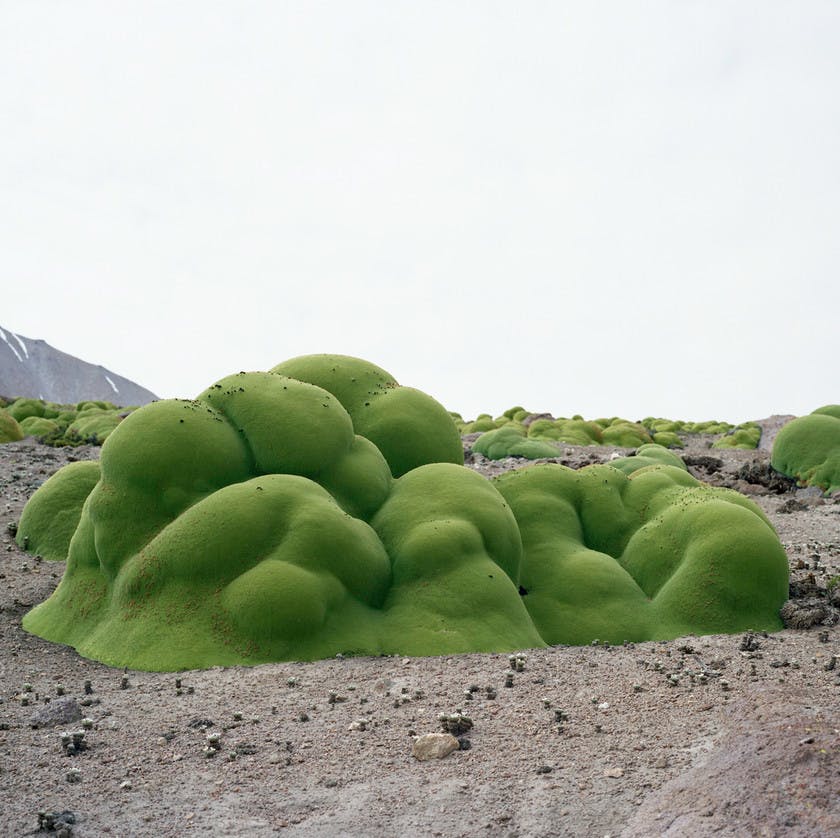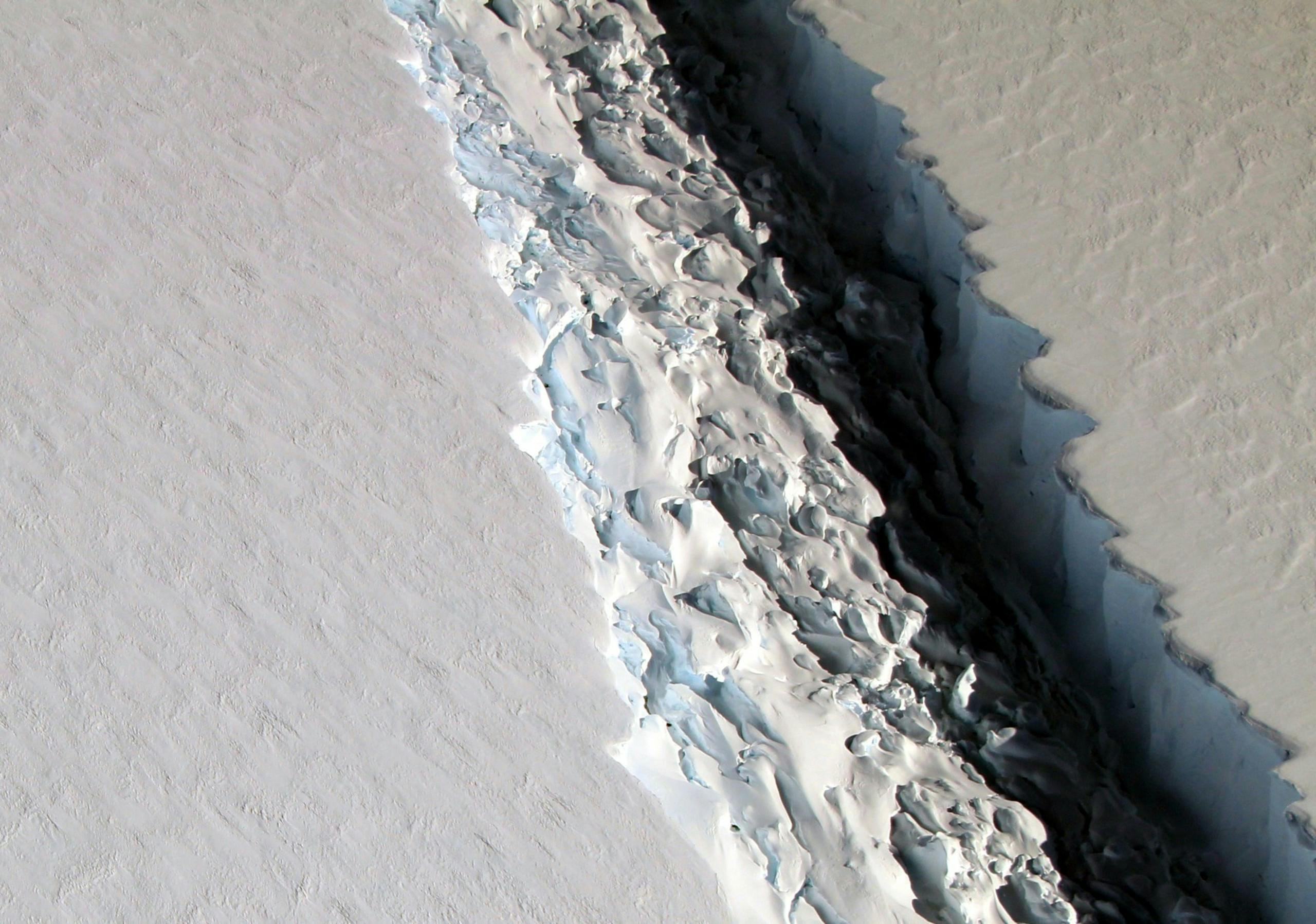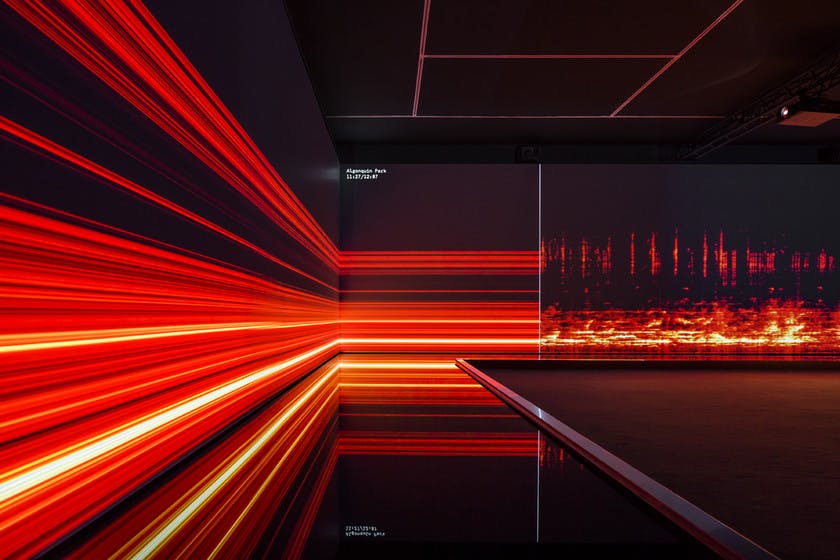

Broken Nature for Milano Arch Week
A program curated by Paola Antonelli, Erica Petrillo and Laura Maeran
The curatorial team of the XXII Triennale di Milano, Broken Nature, contributes to the Arch Week's calendar with a series of lectures and panels that nuance and expand the conversations and reflections kick-started by the opening of the exhibition, four months ago.
Wednesday May 22 | H. 17:00 – 18:45
SOUND, SCIENCE AND NATURE GETTING TOGETHER IN THE MUSEUM SPACE
With Bernie Krause / Artist and Bioacoustician, artist The Great Animal Orchestra, Almo Farina, Nadia Pieretti / bioacousticians
Moderator Grazia Quaroni / Director of Collections, Fondation Cartier pour l’art contemporain, Paris
Thursday May 23 | H. 16:30 – 17:30
PANEL, Cultural Institutions as the R&D of Society
With Glenn D. Lowry, The David Rockefeller Director of The Museum of Modern Art / Paola Antonelli, Senior Curator, MoMA’s Department of Architecture and Design, and Curator of the XXII Triennale, Broken Nature / Stefano Boeri, President of La Triennale di Milano
Friday May 24 | H. 20:00-20:40
KEYNOTE LECTURE
With Ursula Biemann
Saturday May 25 | H. 15:00-16:30
PANEL, Broken Natures
Con Mariana Pestana, Angela Rui & Etienne Turpin
Modera Paola Antonelli
SOUND, SCIENCE AND NATURE GETTING TOGETHER IN THE MUSEUM SPACE
The Great Animal Orchestra by Bernie Krause and United Visual Artists, 2016
An immersive installation commissioned by Fondation Cartier pour l’art contemporain and currently exhibited in the XXII Triennale di Milano, Broken Nature. How to listen to nature from a scientific, and acoustic point of view and how to give an artistic and aesthetic shape to the elaboration of data in order to make the information visible and accessible to a large public. A contemporary visual strategy to enchant and alert.
PANEL | Cultural Institutions as the R&D of Society
Cultural institutions are essential to the existence of a democratic society. They are public squares where citizens can convene, debate, and strengthen their leverage. They are sanctuaries where individuals and groups can express themselves, and feel validated and protected. They are laboratories where citizens can form opinions and sharpen their own critical teeth. For these reasons, institutions are not allowed to rest on their laurels. They should always raise the bar, create new connections, review and renew their own vows––in other words, they should grow and expand, culturally and sometimes also physically. In this panel, Glenn D. Lowry, Paola Antonelli, and Stefano Boeri will discuss MoMA's new building, which will open in October 2019 and will increase the museum's gallery spaces by a third, and Broken Nature, the XXII International Exposition held at La Triennale, a collaboration between the two institutions and an example of how cultural institutions can stimulate and host a vivid public conversation, embrace citizens of all ages, and foster a sense of civil spirit in society.
KEYNOTE LECTURE
Artist, writer, and video essayist Ursula Biemann is known internationally for her work addressing climate change and the ecologies of oil, ice, and water. Her recent fieldwork has taken her to the Amazon and the Arctic region, where she engages the larger temporalities of climate change, amplifying current discussions around ecology, multispecies communication, and videographic world making. In this keynote lecture, Biemann will show a selection of video clips from Forest Law, a 2014 project drawing from research carried out in the oil-and-mining frontier in the Ecuadorian Amazon—one of the most biodiverse and mineral-rich regions on Earth, currently under pressure from the dramatic expansion of large-scale extraction activities. Additionally, she will introduce the work she is currently conducting in the South of Colombia, where she has been invited to envision an Indigenous University. This is both an architectural project of building a campus in the rainforest and a research cluster proposing a biocultural knowledge platform with the objective of bringing indigenous cosmology and Western science into conversation.
PANEL, Broken Natures
One of the goals of Broken Nature is to sensitize citizens to the complexity and fluidity of our reality, and to the fact that each of our actions produces reverberations that go well beyond our immediate surroundings. If this realization is enough to boggle the mind, it is also true that long-term solutions and positive change can be achieved just as the product of collective and concerted efforts – in other words, efforts that transcend our individuality. In this panel, a trio of stellar curators will elaborate on the connections between the premises of Broken Nature and their respective practices. The goal is to expand the network of like-minded people that constitute the flesh and bones of the exhibition, and to jump-start a set of conversations that hopefully will continue to take root and propagate also beyond the Triennale’s galleries.
Related events
Archives and collection
Explore hundreds contents →



Nel vestibolo del primo piano, decorazione parietale di Bruno Cassinari

